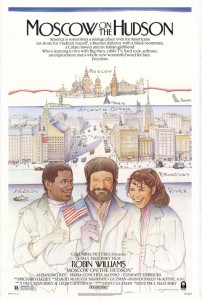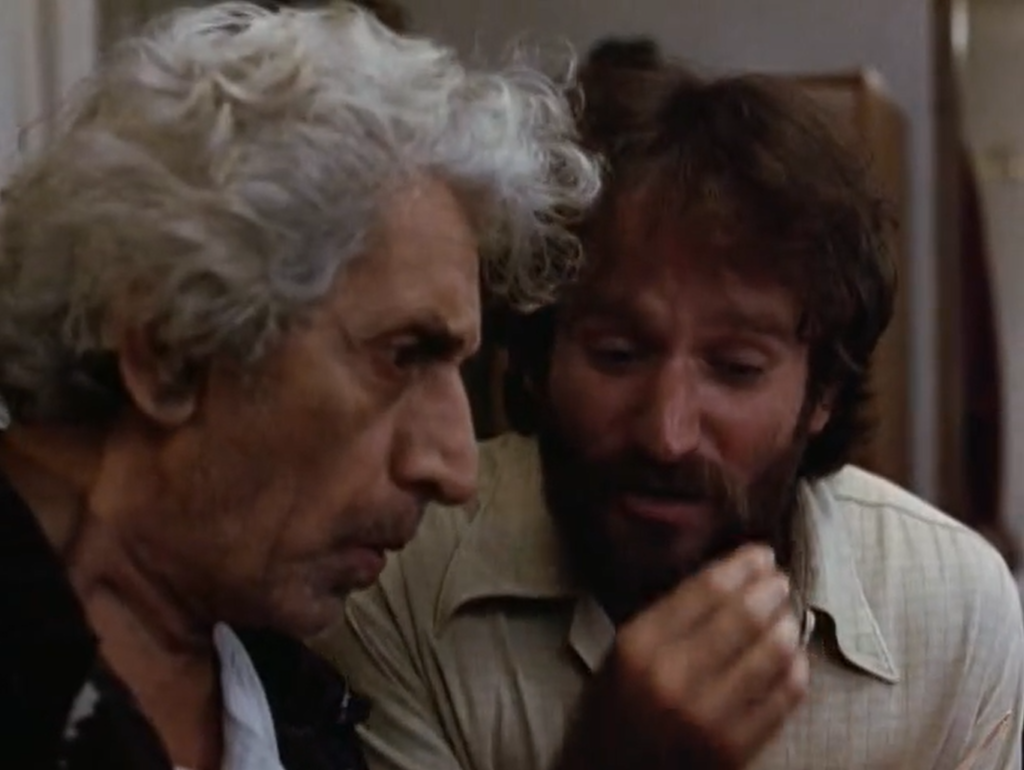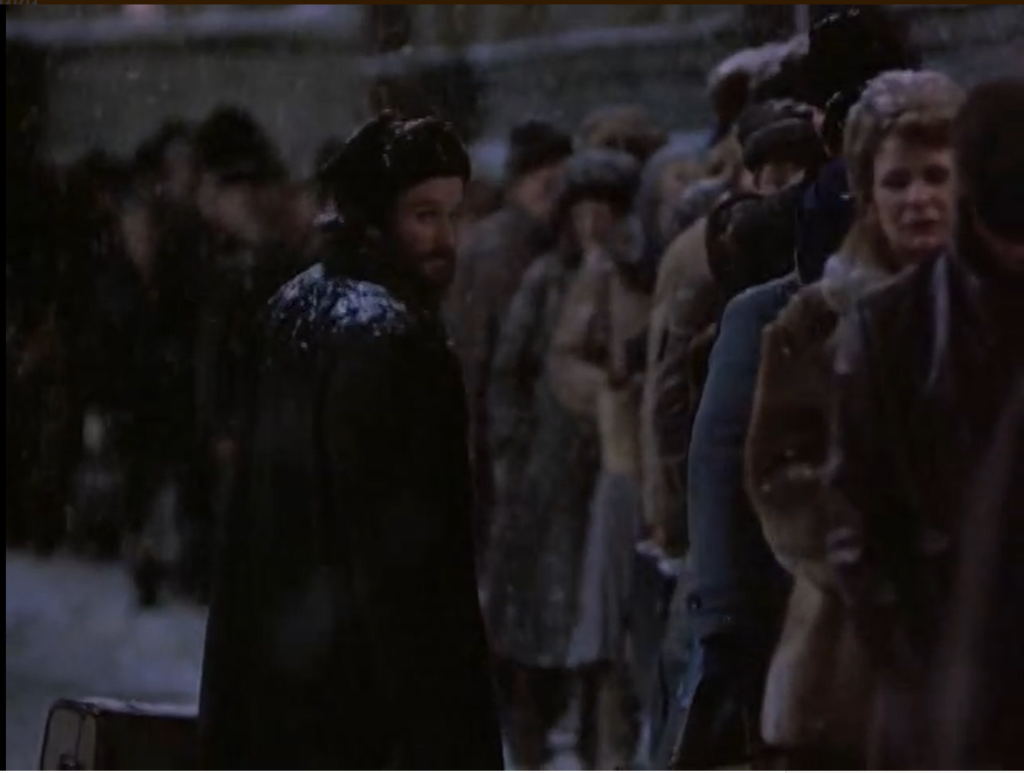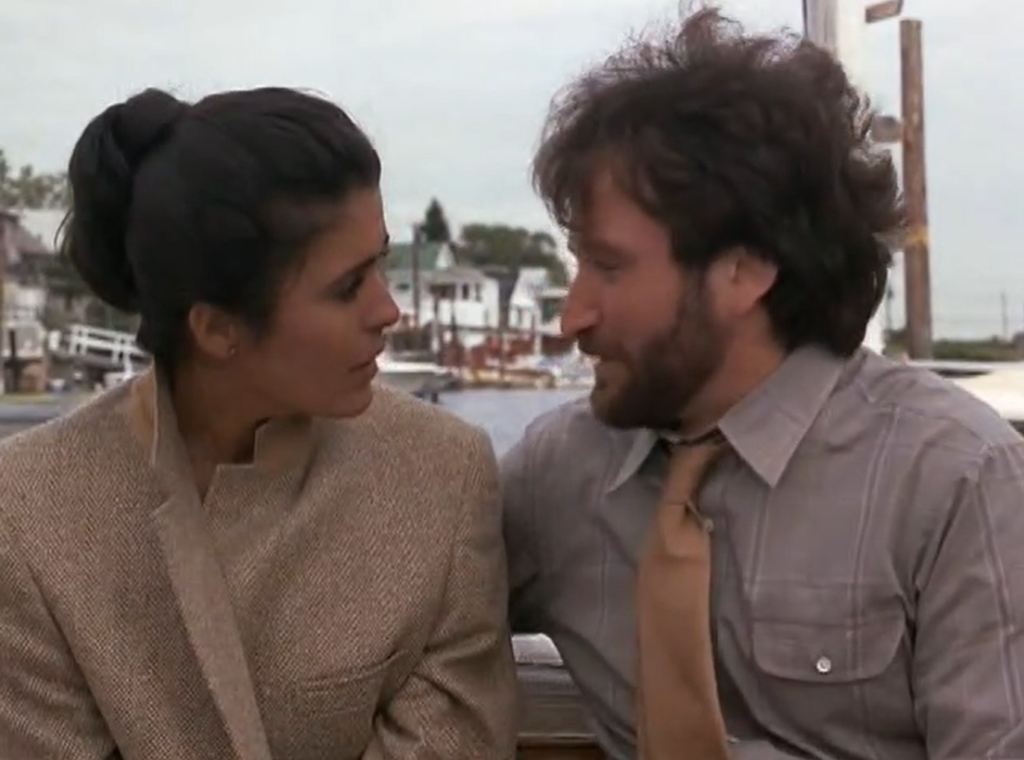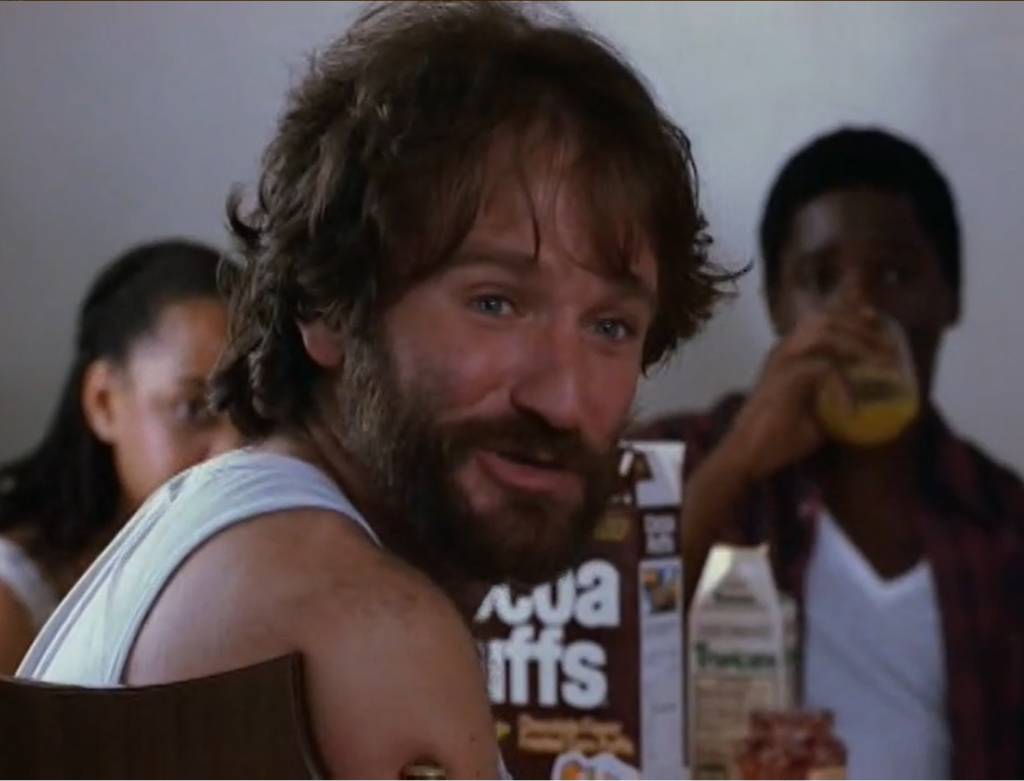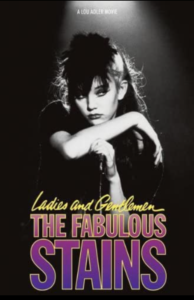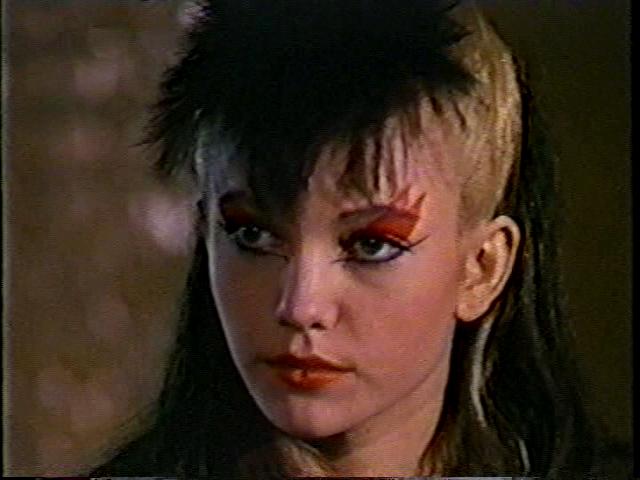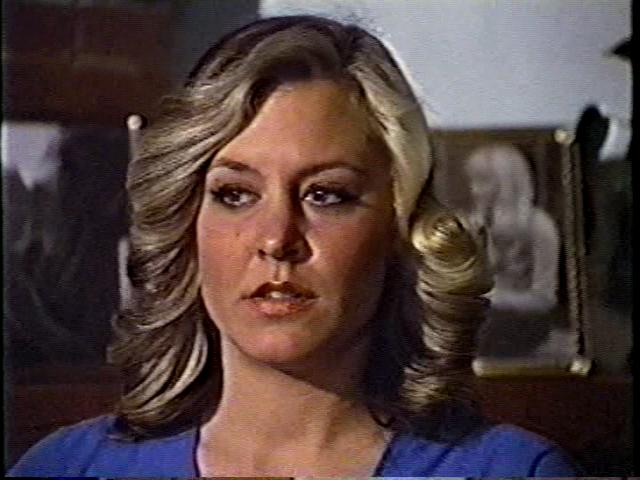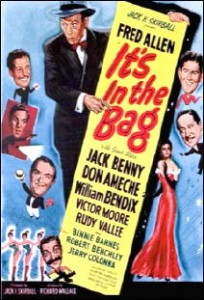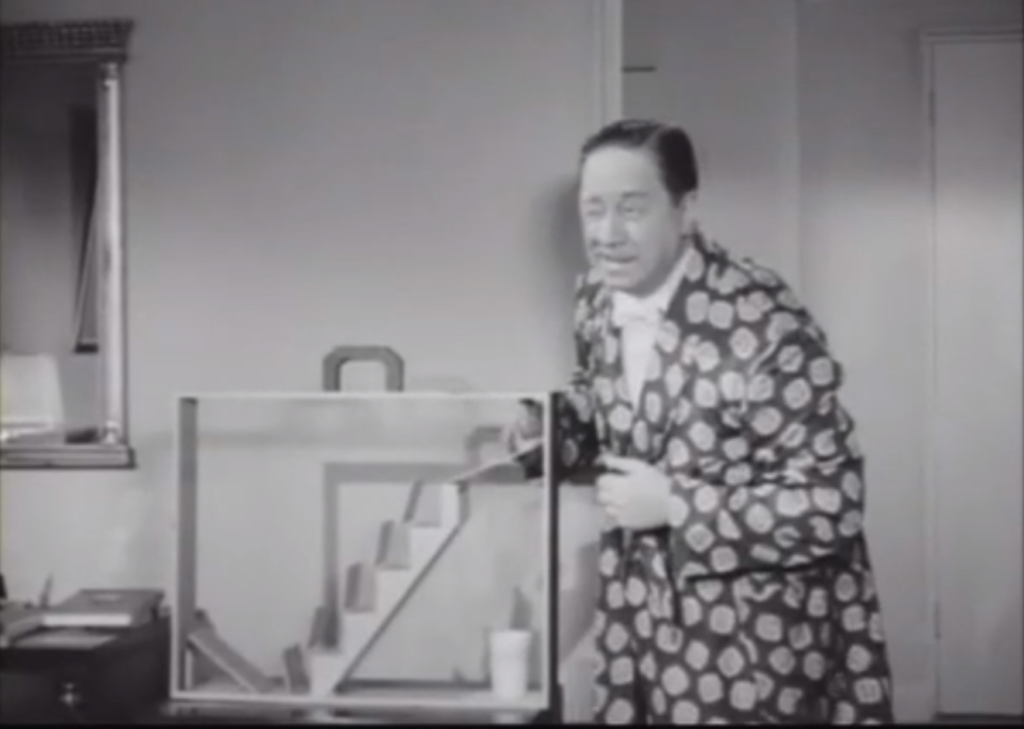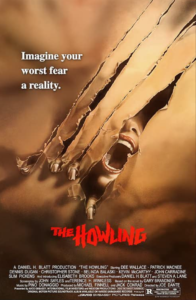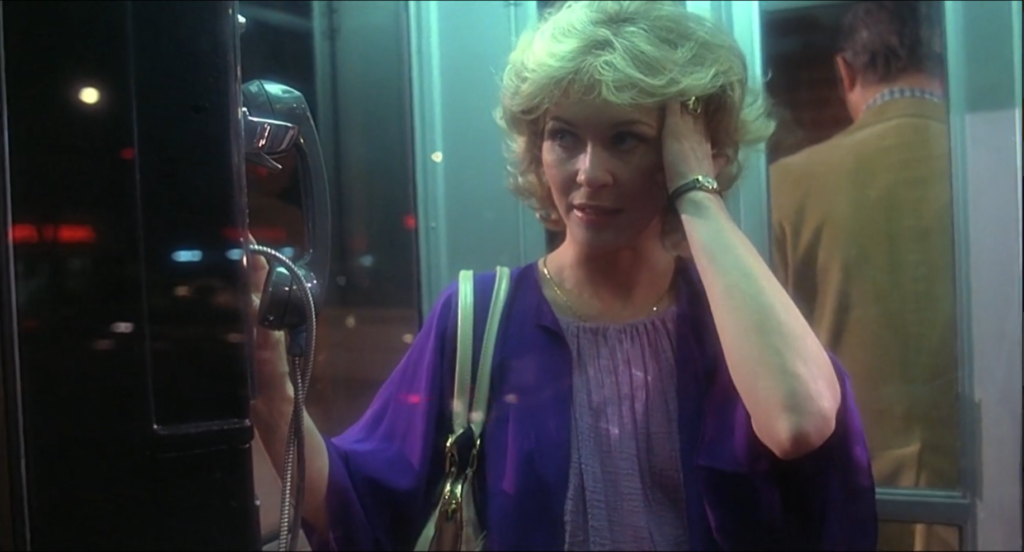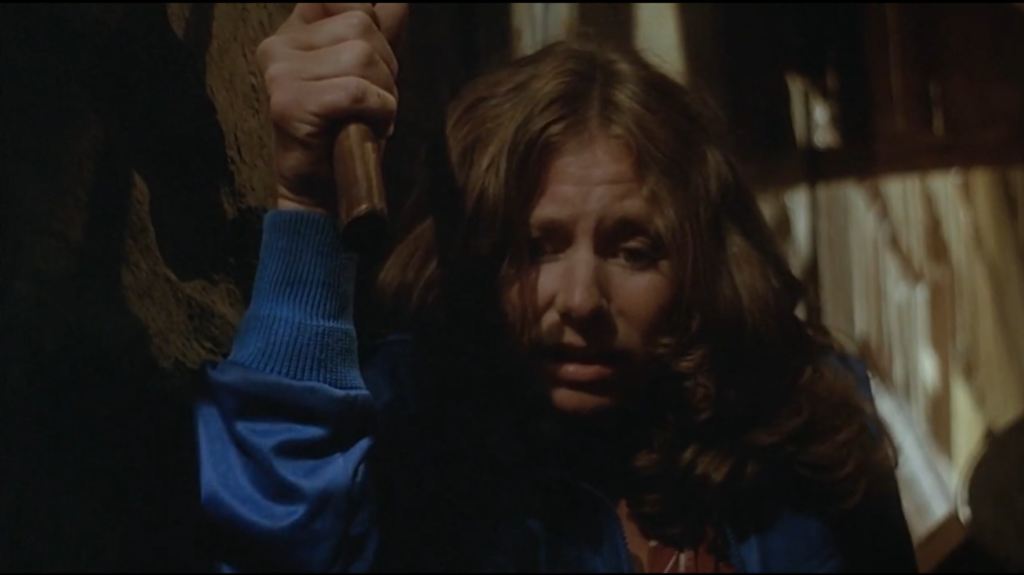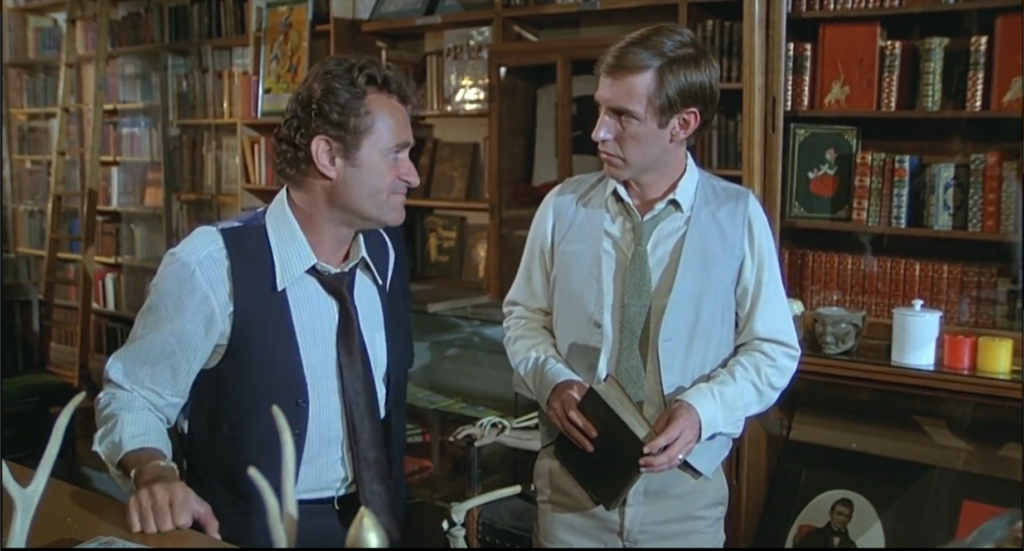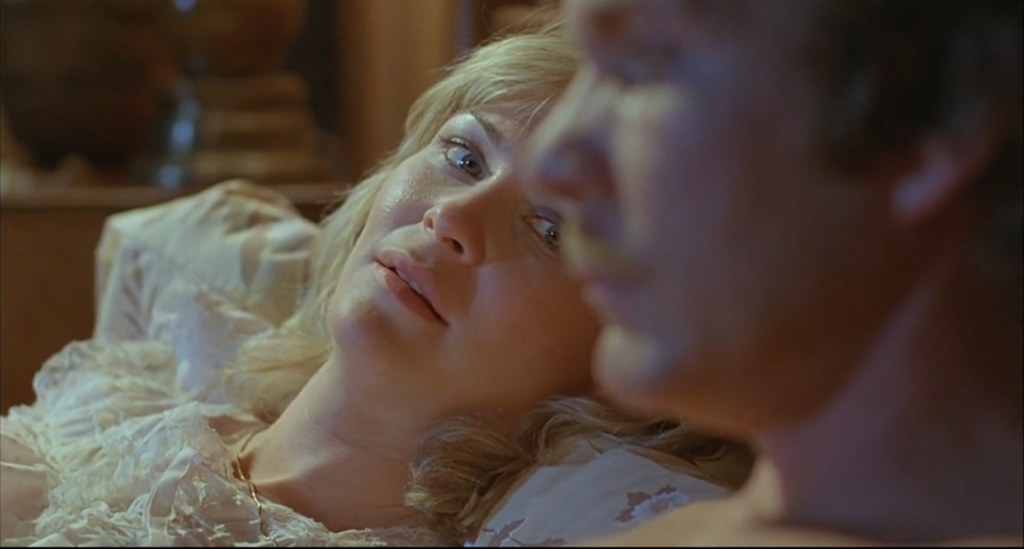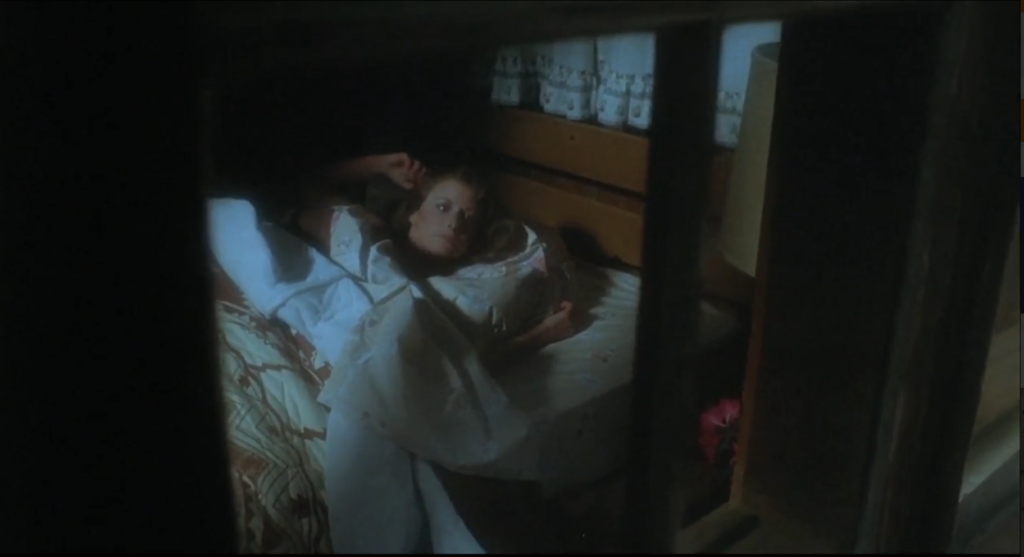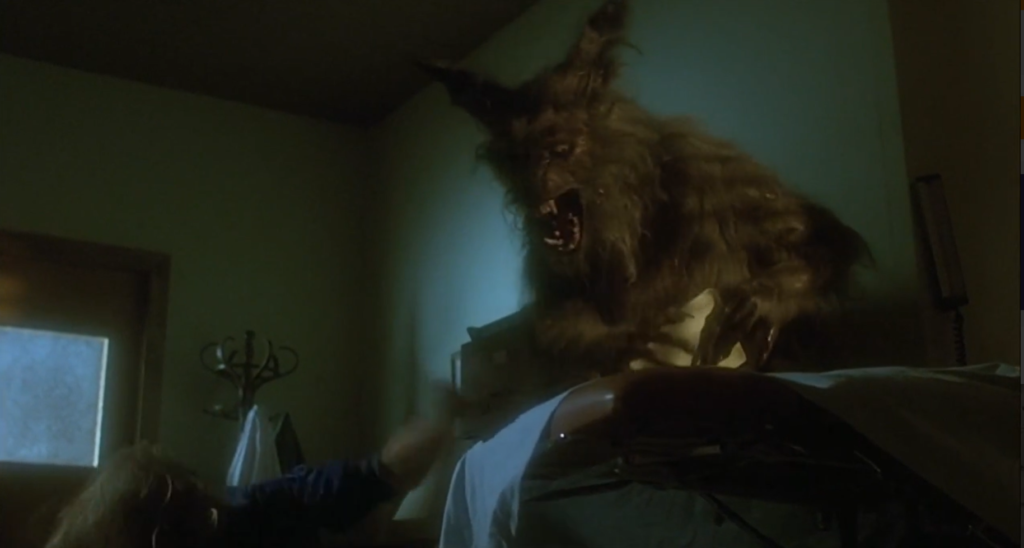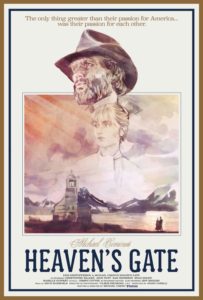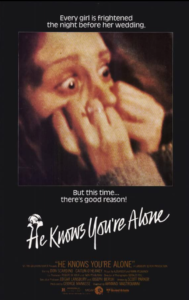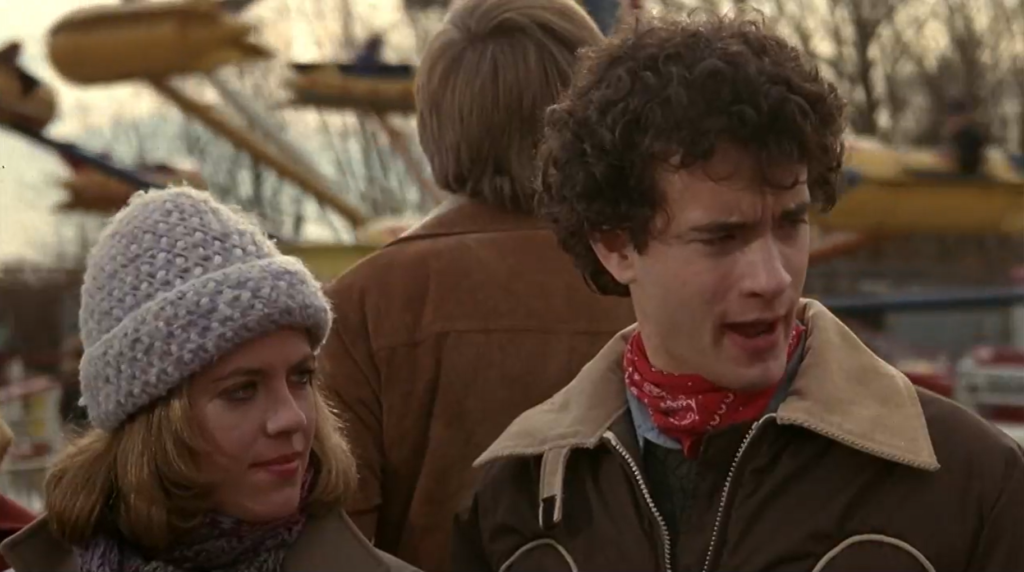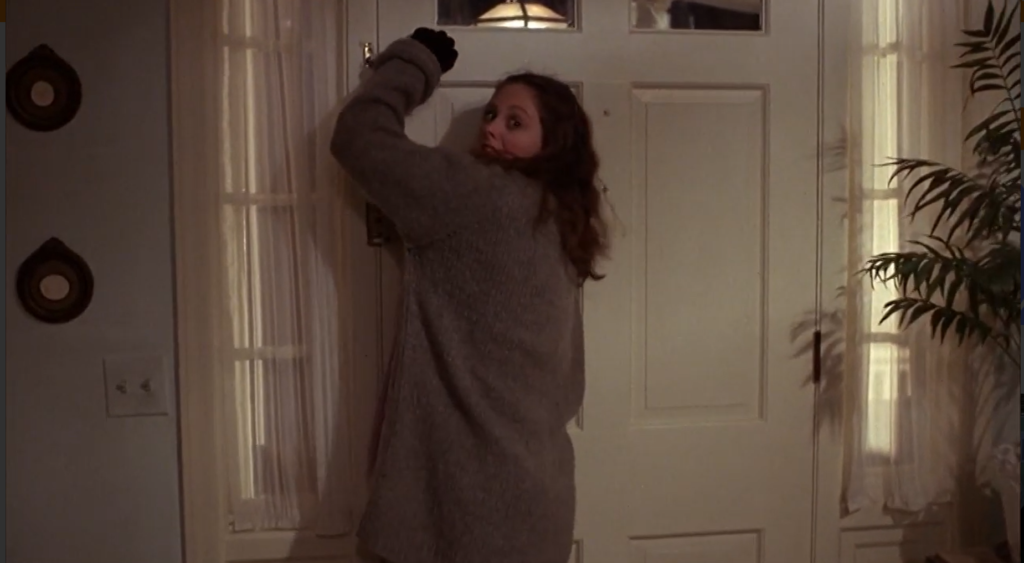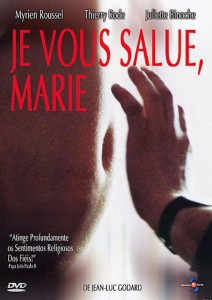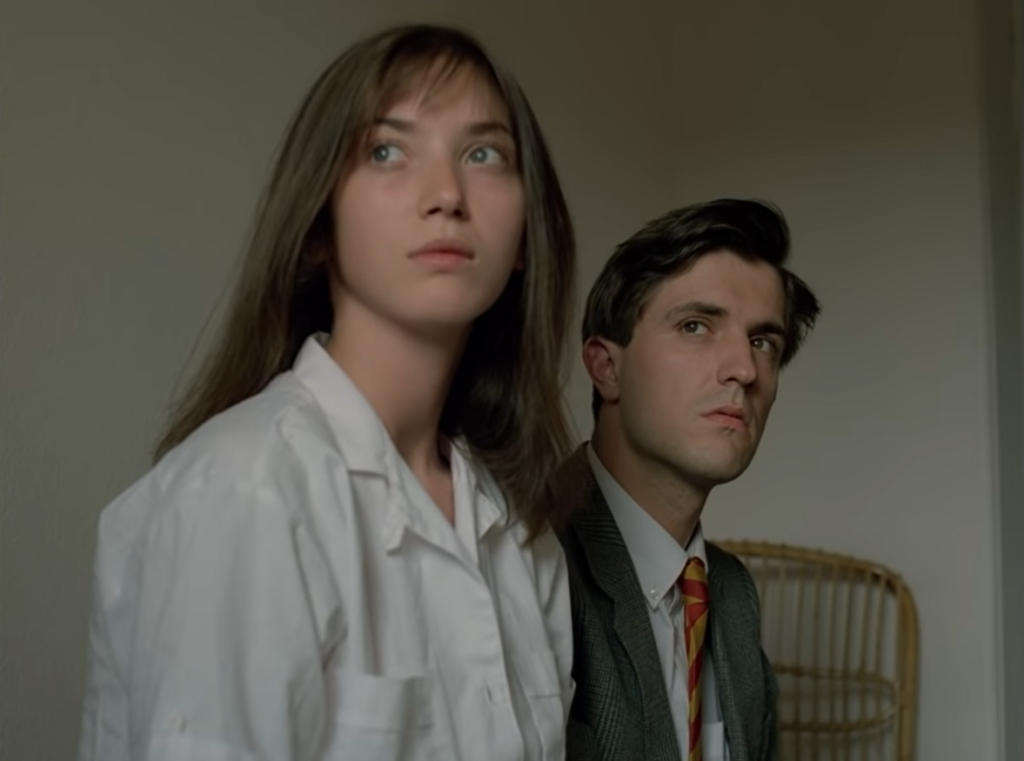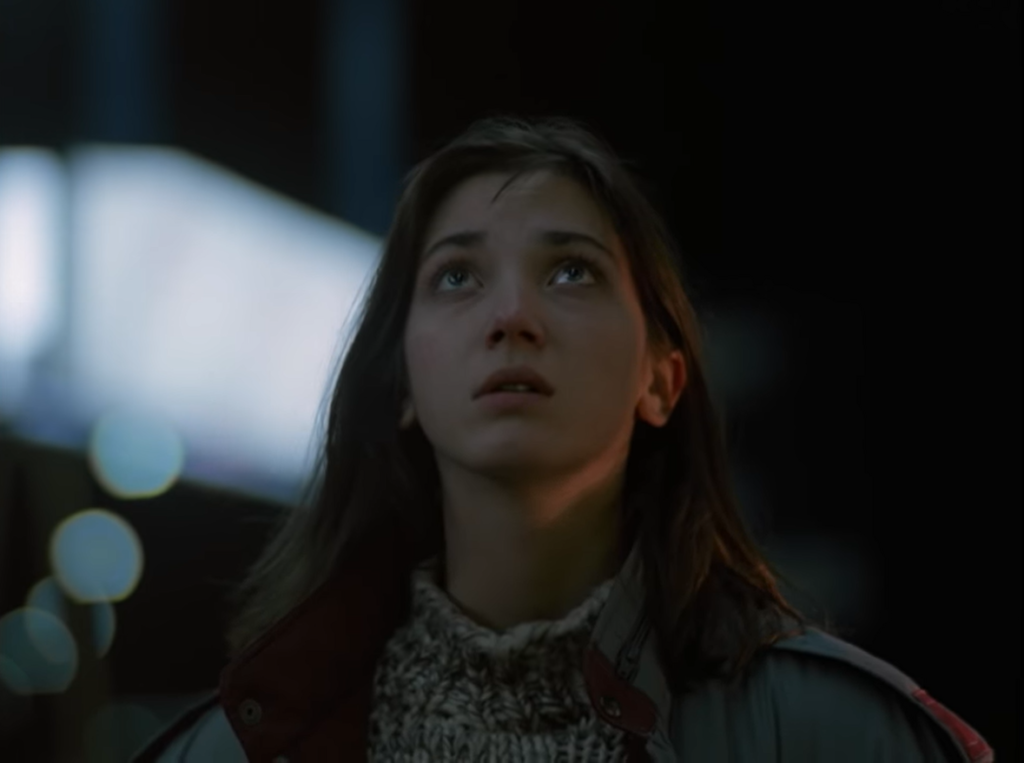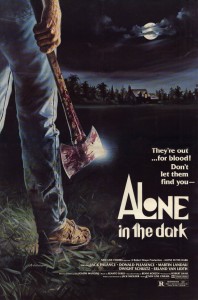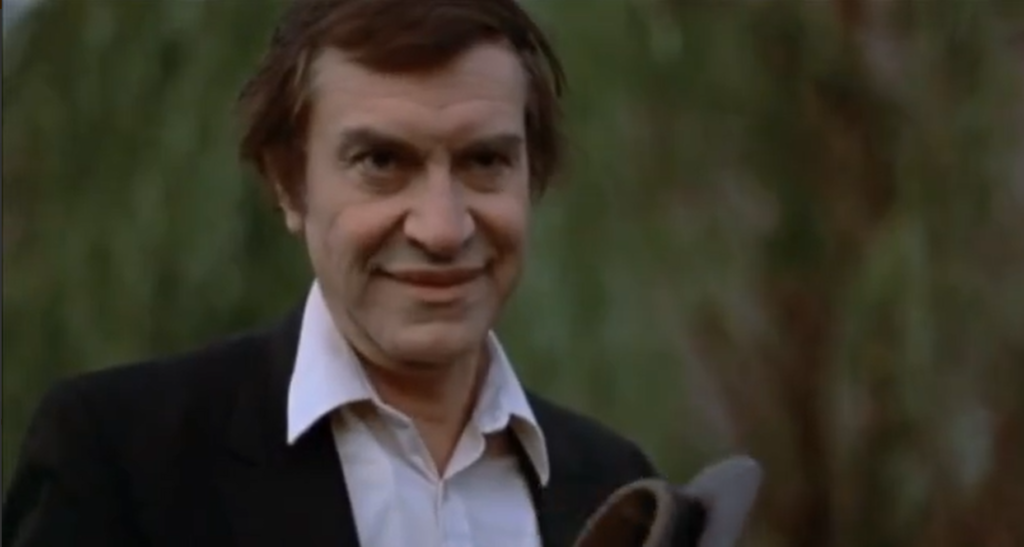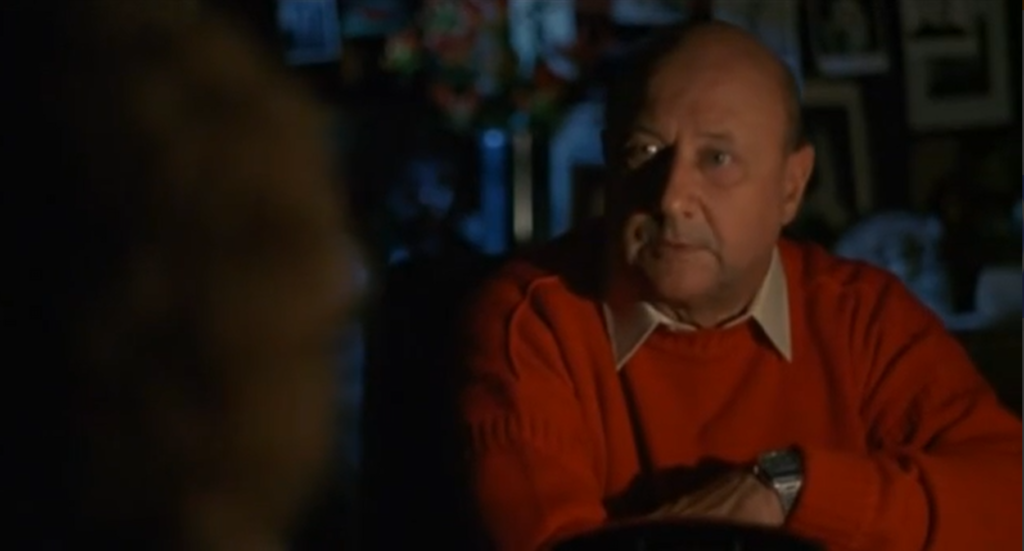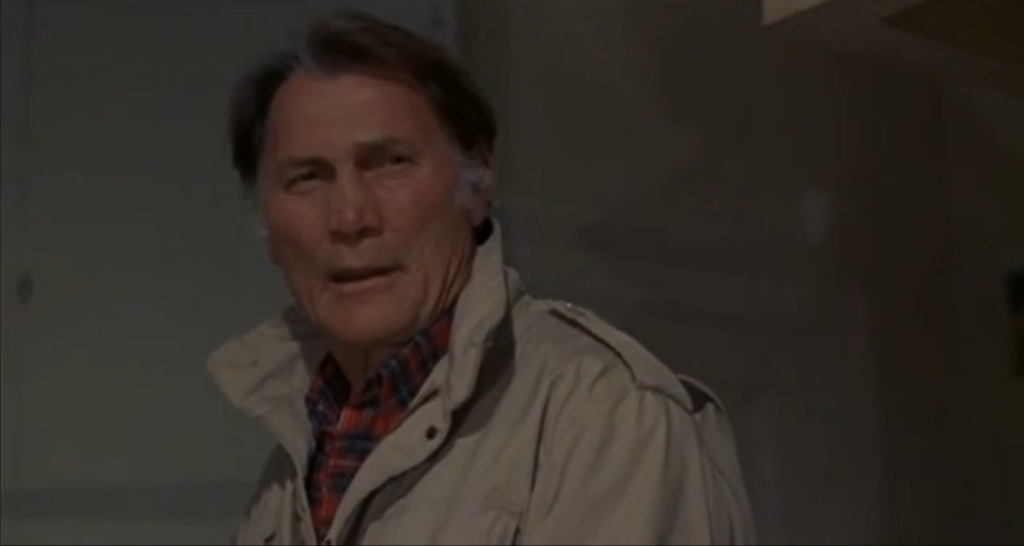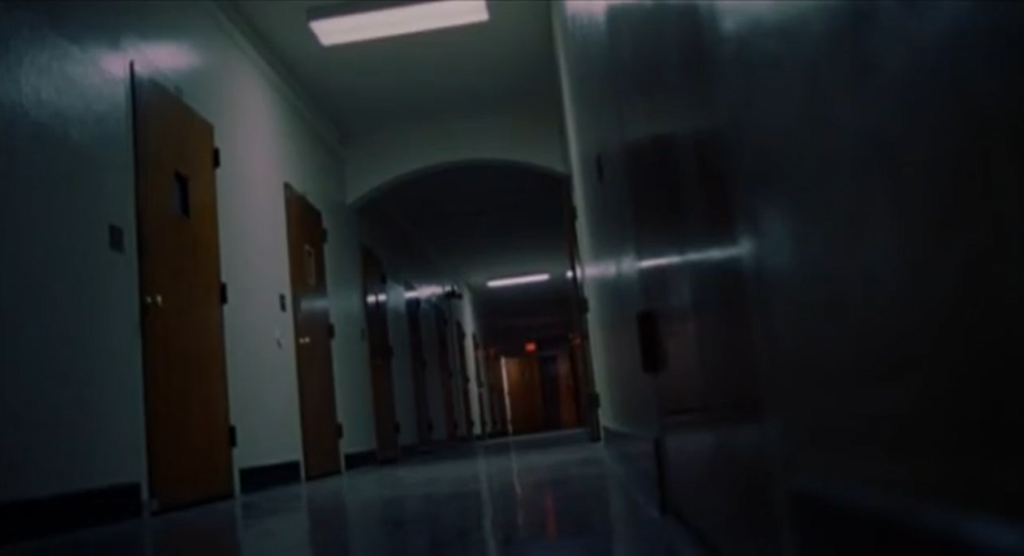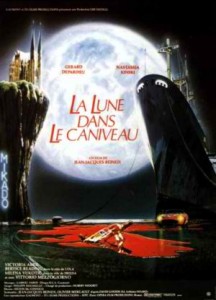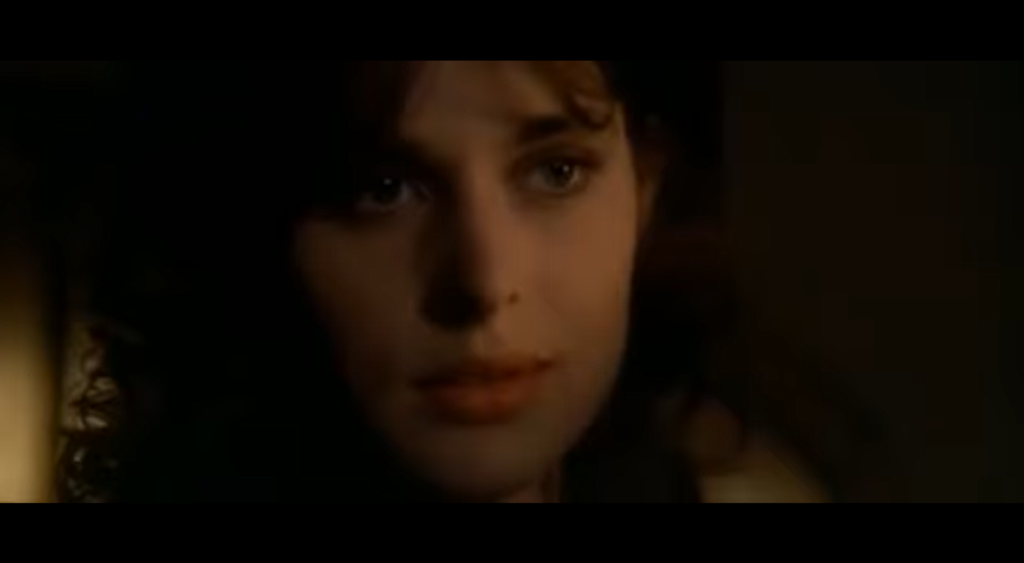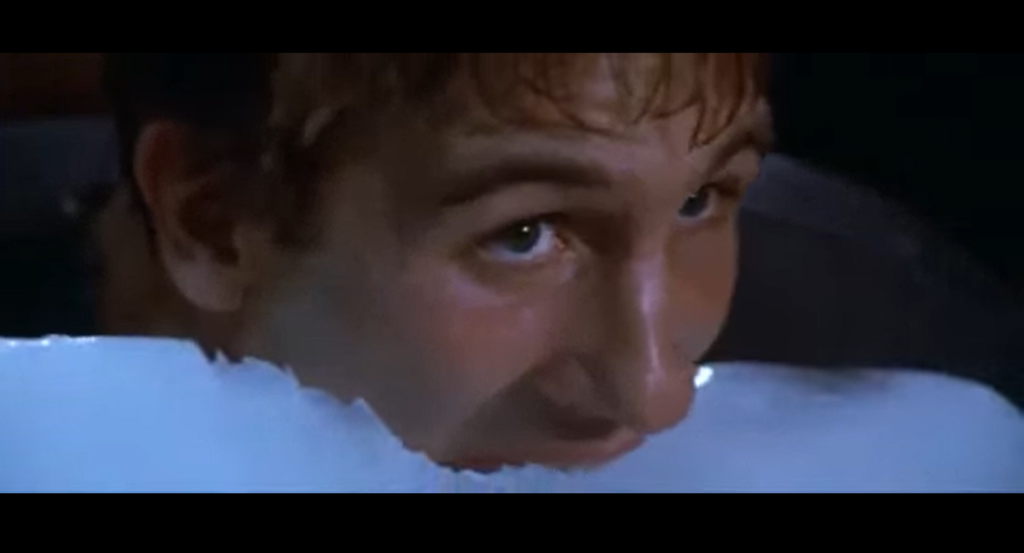|
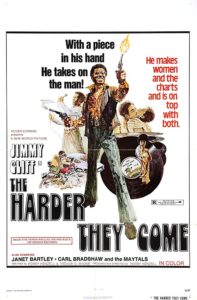
Synopsis:
Ivan Martin (Jimmy Cliff) moves from rural Jamaica to Kingston to record an album, but ends up trading ganja instead to survive. When he refuses to give money to a middleman, a lethal run-in with a cop leads him underground — but Cliff’s music is a hit, and he becomes a folk hero.
|
|
Genres, Themes, Actors, and Directors:
- Drug Dealers
- Folk Heroes
- Jamaica
- Musicians
Response to Peary’s Review:
This “hard-hitting, crudely made, angry left-wing” cult film about survival on the harsh streets of Kingston was the first movie made in Jamaica by Jamaicans, and shows a side of the island “paradise” that travel agencies try hard to conceal. Indeed, as Peary notes, the film realistically depicts Jamaica’s countryside as “barren and infertile” while “Kingston, the tourist center, is overcrowded, violent, seamy, and poverty-stricken.” Although the film is undeniably downbeat, the reggae soundtrack is truly amazing, and the folk hero story is compelling. When listening to Cliff sing about “universal love, peace, the worth of the individual, and an end to exploitation, neo-colonialism, imperialism, and authoritarianism,” one realizes why reggae is such a powerful force for change.
Note: You may want to watch this film with the subtitles on, since the Rastafarian patois can be challenging to parse at times.
Redeeming Qualities and Moments:
- An awesome reggae soundtrack by Jimmy Cliff
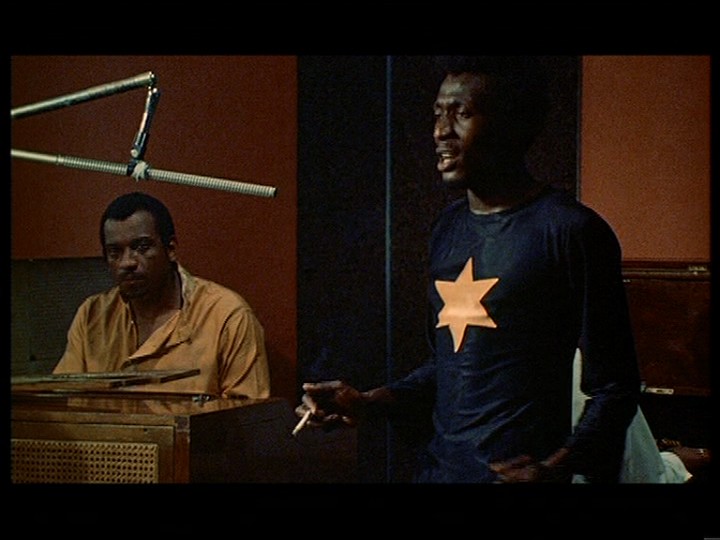
- The first “indigenous” Jamaican film
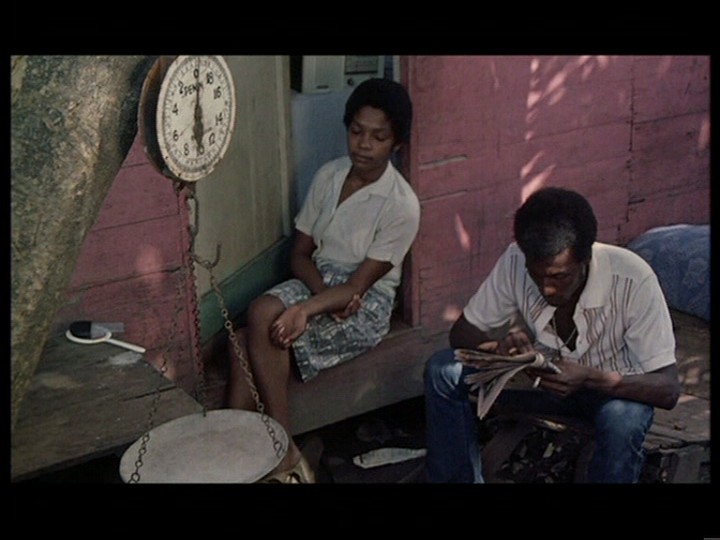
Must See?
Yes. This cult classic holds a special place in Jamaican film history.
Categories
- Cult Movie
- Historically Relevant
(Listed in 1001 Movies You Must See Before You Die)
Links:
|
